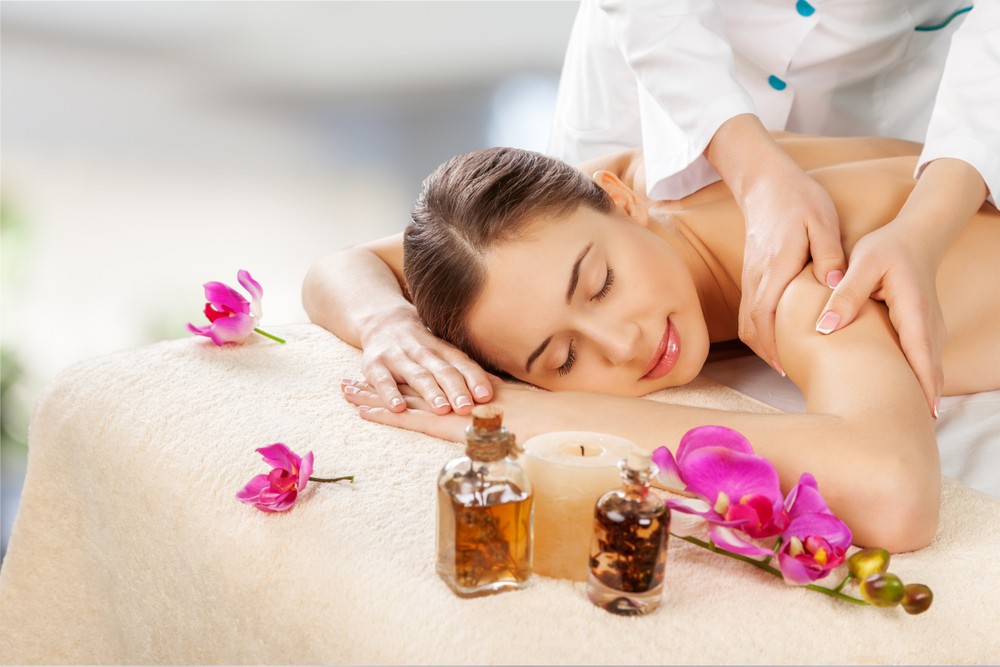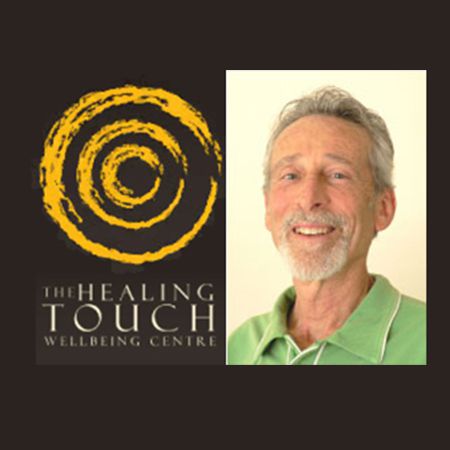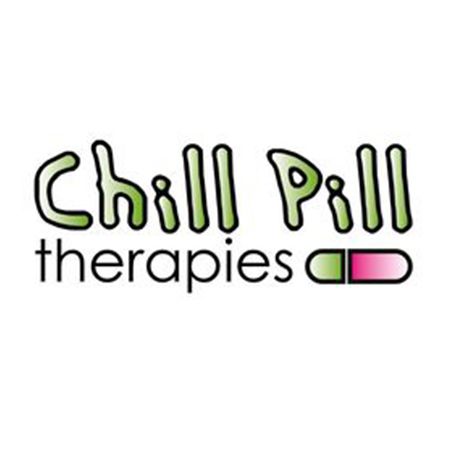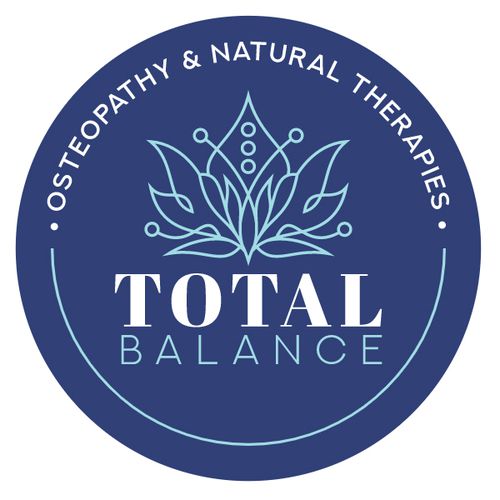
Massage therapy is one of the oldest treatments in the book when it comes to treating depression. It does so by relieving physical and emotional stress in the body, leaving the person feeling healthier and more confident in their ability to cope.
What is Massage Therapy?
Massage therapy is bodywork technique that uses touch and manipulation of the soft tissues of the body to achieve a therapeutic affect on the body.
What is Depression?
Depression, often referred to as clinical depression, is a mental illness that entails an overwhelming sense of sadness, loss and hopelessness. Bouts of the condition may span from weeks to years, and may sometimes cause the sufferer to despair so greatly they no longer want to live. Depression is generally caused by an imbalance of chemicals in the brain, and may be triggered by a specific physical or emotional trauma.
How Can Massage Benefit Depression?
Massage therapy benefits those suffering from depression in a number of ways. It does so by:
- Reducing emotional and physical pain in the body.
- Stimulating the release of the feel-good Endorphins, and neurotransmitters such as Dopamine and Serotonin. It does so by applying pressure to the nerve cell receptors underneath the skin which trigger their release.
- Creating a calming effect by stimulating the parasympathetic nervous system, reducing the levels of stress-related chemicals such as adrenaline and cortisol.
- Altering brain wave activity, generating feelings of relaxation by stimulating alpha brain waves.
- Stabilising blood sugar that when unregulated can trigger mood swings.
- Increasing immunity that may be compromised in states of Depression.
- Relieving breathing difficulties and improving overall lung function.
Benefits of Massage for Depression
Massage may help those suffering from depression overcome:
- Low self esteem
- Insomnia
- Anxiety
- Chronic stress
- Eating disorders and irregular appetites
Other benefits of massage for depression include:
- Increased energy levels
- Reduced stress levels
- Improved rational thinking and memory
- Feelings of well being and relaxation
- Increased creativity
- Clarity of mind
- A blissful mental and emotional state
Key Areas of Massage for Depression
Some massage therapists will treat depression by releasing any structural collapse in the body associated with it. Some of the key areas for structural support include:
- The diaphragmatic arch and abdomen
- Anterior shoulder/upper arm muscular and connective tissue that causes an internal rotation of the arms
- Frontal chest connective tissue that may be causing medial rotation of the shoulder and a sunken chest
- Anterior and posterior neck muscular and connective tissue
- The top of the shoulders
By having structural collapses rectified, the depressed individual is left feeling taller, more supported and erect after the massage.
Find out about other effective natural depression treatments.
Originally published on Jul 02, 2010








